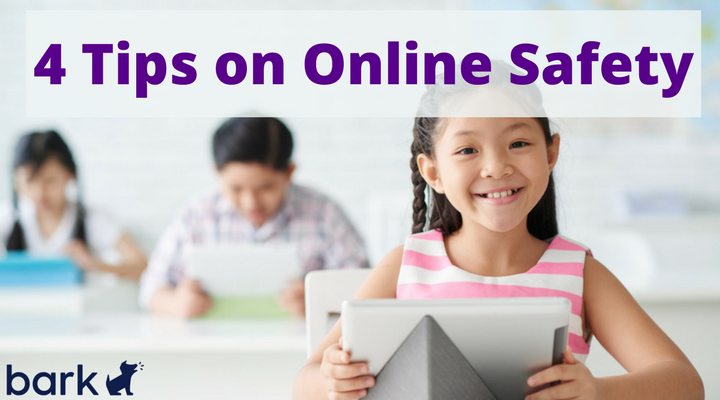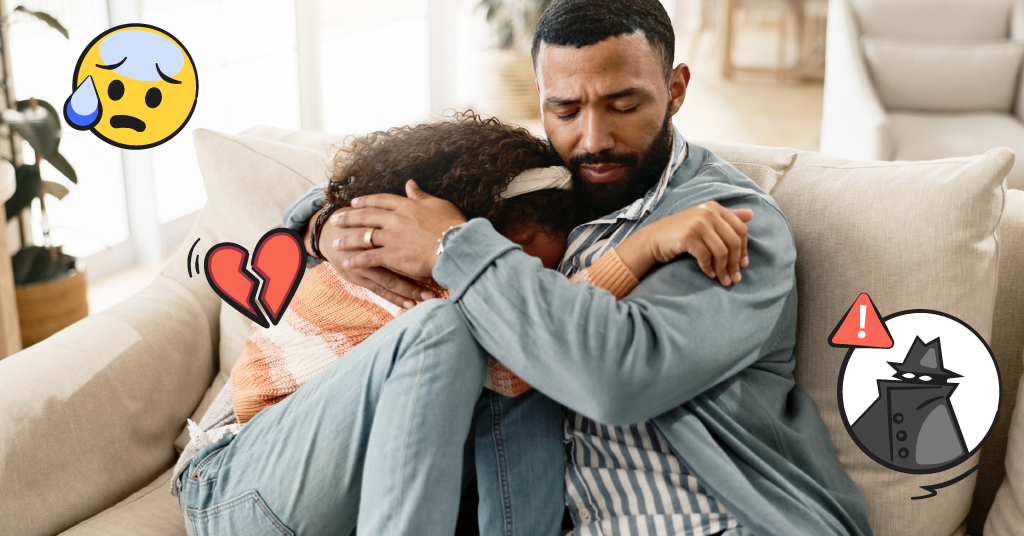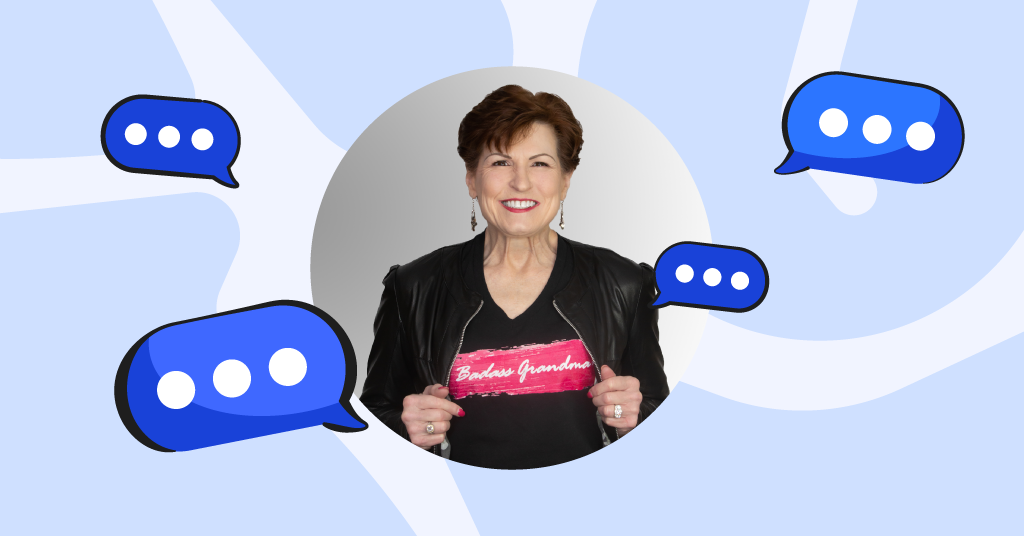
As technology becomes more necessary, and children use technology at a younger age, digital citizenship for kids is very important. We are the first generation of parents and teachers to raise and educate digital natives. Digital natives are kids born during the age of digital technology. Additionally, they are extremely familiar with computers and the internet from an early age.
Having an online presence is common place now. This continuous access lends itself to less worry about protecting privacy, presenting our best selves, and understanding with what we are constantly inundated. Even as adults, we are still learning how to navigate everything online. But, for our kids and students we have the potential to intervene. Not only protect them from online threats, but teach them how to be responsible digital citizens. Here are 4 tips on online safety to discuss with your kids.
1. Digital Citizenship for Kids: Password Safety
One of the most important things to stress to kids is to protect their privacy online. Explain the importance of protecting passwords to email and social media accounts. A potential frame for this discussion (depending on age-appropriateness) is to think of times in "real life" when your child might use a password. For example, they might use a password for a tree house or a fort. If they tell a bunch of strangers the password for their tree house, those people could come in and mess things up. Finding analogies helps your child understand the importance of password protection. Talk about setting different passwords for different accounts, changing passwords often, and thinking of unique passwords each time.
One app children give up their password for is Snapchat. Kids keep up streaks with their friends by Snapping each other each day. If kids know they are not going to have access to Snapchat they get concerned about keeping up their streaks. This concern makes them more likely to give out their password for Snapchat to a friend. Then friend then keeps up their streaks. This is a very risky behavior, especially if they use the same password for everything. If they ever have a falling out with their friend the potential for cyberbullying is great.
2. Talk About How to Interact Online
More and more of communication is happening online, and less is happening in person. While this opens up many doors for kids to learn about different cultures and see different perspectives, it also opens up doors to online risky behaviors. Online bullying takes place in many different forms, on different sites, and for many different reasons. It is important to talk to kids and students about positive online behaviors. Some talking points are:
- Once something is online, it can't be removed.
- Remind kids of the "golden rule of internet behavior": if you wouldn't say it in person, don't say it online.
- Think before you post or text, is this conversation uplifting and positive?
- Not everyone sends racy photos, and doing so can have future negative consequences
The best thing is to maintain an open dialogue. Ask kids about their online behaviors, ask about their friends. Just like you talk to them about who they hang out with after school, you meet those kids, and you know who their parents are, ask those same kind of questions about who know online.
Keep an eye out for warning signs, such as a sudden change in attitude. If your child does experience cyberbullying, be their support and talk about how to report those issues, figure out the response together.
3. Avoid Finstas & Spam Accounts
Talk to your children about fake accounts and how spam accounts often lead to cyberbullying. Kids create fake accounts because they want certain peers to follow them but not everyone else. Sometimes this is because they feel pressure to have the best pictures ever on their real accounts so they use their fake accounts to post silly photos. However, these un-monitored, alter-ego accounts open the way for crossing boundaries and posting offensive comments about people not privy to the fake account. Furthermore, sometimes screenshots are taken and forwarded. This type of talking being someone's back is hurtful, and then those spam accounts become the target of cyberbullying.
Let your children know that you do not want them creating such accounts because you are concerned about their online safety and want them to act as responsible digital citizens.
4. Create a Technology Contract
One way to promote positive digital citizenship is to write up or sign a family technology contract. In the contract set out your families rules around positive digital citizenship. Some of these rules can include the tips above and using Bark to monitor their online interactions. Setting out basic etiquette as a family and signing a document imparts the seriousness of the issues. Talk about the consequences for breaking the rules so that your kids know what to expect when they do not behave as positive digital citizens. With a technology contract in place, everyone in the family can refer to it for clear exceptions and actions.
These are just 4 tips on online safety to discuss with your child about maintaining a successful online presence. In these conversations remember to remain open minded and answer questions too. Other topics to consider discussing as they get older would be fact checking before re-posting articles, memes, and videos. Talk to them about how people online are not always who they say they are and that is why you need to know their online friends too.
Digital citizenship for kids is more important than ever. Technology and digital media are not going away and the sooner you talk to your child the better digital citizen they will become. Maybe they will teach you something as well! Visit Bark today and sign up to receive alerts on potential issues such as cyberbullying, sexting, and online predators.
Read more
Bark helps families manage and protect their children’s digital lives.






